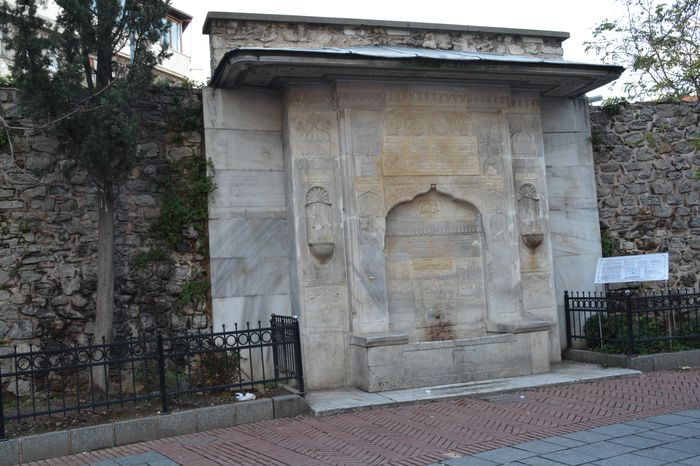So we are approving here by these presents that it is permitted to replace the roof on the walls of your synagogue, and we grant approval to your petition insofar as it conforms with imperial legislation. But there must be no adding of adornments or expansion of the structures. And you should know that you will not escape the stringency of the law. Even in the renovations we have approved, know that we only grant authority if the thirty years prescription does not prevent it. Why do you ask for what you should be avoiding? We grant permission, but we are right to refuse to approve the prayers of those who are in error.
That “thirty years prescription”: if any property claim could be shown to have remained unchallenged for that long (in practical terms at this moment, it meant since before Odoacer’s rise to power), it would be left untouched. This was Roman conservatism enshrined at the center of Theoderic’s lawmaking and law-managing, for it put in place a strong bias in favor of the past private bulgaria holidays.
The community that received this message—elaborately engrossed, very likely on purple-dyed vellum, ceremoniously handed over by elaborately robed and attended officials in the local hall of government—will not have mistaken its purport: very limited approval for a basic request, with stern and clear limitations. But the letter has a concluding sentence, the one we already quoted:
“We cannot impose religion, because no one can be forced to believe against his will.”
We should hear the diplomatic restraint: assertion of principle hedged with cautious enactment. This ruler leans slightly away from the most intolerant of emperors and stands in the middle of the road for traditional Roman government—that is, the government of Christian emperors of the fourth and fifth centuries.
So when, not long after this, Theoderic wrote to the Genoese Jewish community again, beginning this time with the other platitude I quoted above (“Obeying the law is the mark of civility”), he renewed the theme of civility as the core of city life, civility that distinguishes people from rude rustic life and from the life of beasts. Whatever protections the law allowed—those they could have.
Victims of a very modern
Tolerance was not universal, and on another day the Jews of Rome were the victims of a very modern-sounding hate crime: arson. Theoderic was again generous and restrained, insisting on punishment for the criminals, but cautioning that if there were any charges to be leveled against the Jews themselves, those charges were also to be the object of formal legal attention. The Jews of Rome would not have been unreasonable to think this response a mixed blessing, but it is impeccably fair in form and apparent content Mediterranean docked.
We, of course, would like to see Theoderic more enlightened still. Then by a familiar rhetorical ploy he could be the idealized barbarian with his fresh ideas from outside the gray world of civilization. He was enlightened only up to a point: refusing to impose belief, and refusing to transgress the laws. He resembles Hadrian more than an American president—stern in modesty, but stern nonetheless. His gentleness was an ancient trait, soon to be rendered obsolete by Justinian’s more modern integration of religion and politics. Toleration has had to be relearned by many modern generations, and religious exclusion roars back repeatedly without much invitation.
Everything Theoderic did as monarch, I am tempted to say, embodied this Hadrianic moderation and calm. What if you did not know he was supposed to be different, supposed to be a “barbarian”? What if you knew he was born inside Roman boundaries (he probably was), and if you knew he had changed his name to Hadrianus? I venture that most students would comment first on how Roman his regime was, and then on what a wonderfully abundant cultural heritage this Roman regime left behind, far richer than anything since the late fourth century. Theoderic would be remembered as the great restorer of the Roman order.








